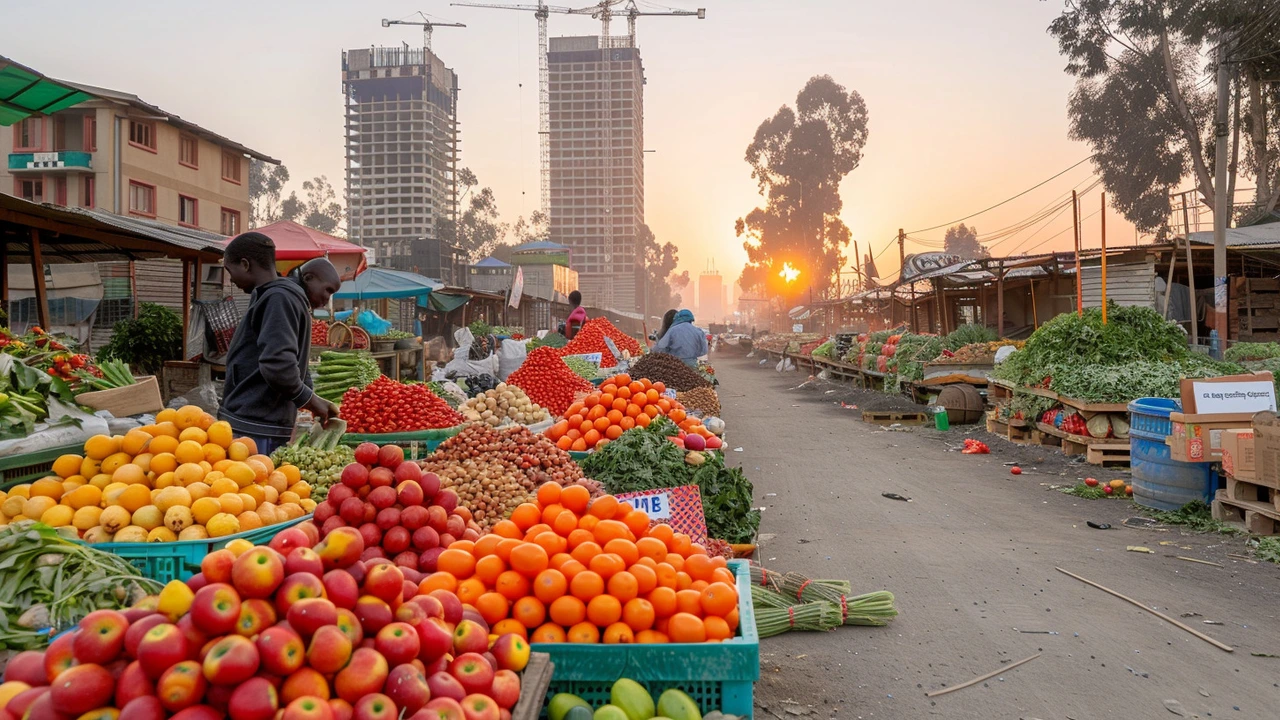Living in Ethiopia: Honest Guide to Life, Costs, and Opportunities
Thinking about living in Ethiopia or just curious how people really get by? Start by knowing that Ethiopia isn’t just coffee, landscapes, or history – daily life here is about balancing local salaries, rent prices, and a fast-changing economy. Wages can be lower than in many countries, but so is the cost of living. You’ll find plenty of surprises, both with costs and opportunities.
Let’s talk money first. If you work in Ethiopia, your salary depends a lot on your job and location. Teachers, pharmacists, or tech workers tend to earn more, but entry-level positions in many fields pay modestly. In the capital, Addis Ababa, salaries are a bit higher than in rural regions. However, jobs in booming areas – especially technology or international trade – can pay much better. If you’re a foreigner coming for work, jobs in international companies or NGOs offer competitive salaries compared to local standards.
Can you afford life in Ethiopia? Housing is the biggest expense. Renting an apartment in Addis Ababa is pricier than most other cities or towns. Still, you can find a place for every budget: basic shared rooms in local neighborhoods for those watching their wallets, or modern furnished flats if you’re after comfort. Expect prices to range widely depending on location and amenities. Utility costs are manageable, but internet and imported goods might surprise you with their prices.
What about everyday living? Food at local markets is affordable, especially if you eat what’s in season and stick to Ethiopian staples like injera, lentils, and vegetables. Imported foods or eating out at trendy restaurants will quickly eat up your budget. Public transport – minibuses, city buses, and bajaj three-wheelers – makes getting around without a car doable. Fuel costs can fluctuate, and driving in big cities can be stressful with traffic or unpredictable weather.
Is Ethiopia safe to live in? Addis Ababa is generally safe in busy neighborhoods, especially during the day. As with anywhere, take care with valuables and stay alert, especially at night or in less busy parts of town. Expats and locals both benefit from being street-smart and learning some basic Amharic, which helps in daily interactions and emergencies.
Looking to earn more or boost your income while living here? Ethiopians are creative, finding side hustles online or starting small businesses. People freelance, sell products via social media, or look for online gigs. While PayPal isn’t officially supported, many still find workarounds for digital payments through friends or relatives abroad, or alternative platforms that work locally.
Bottom line: Living in Ethiopia takes flexibility and some street smarts, but the rewards are real if you’re open-minded and ready to adapt. Whether you’re moving for work, study, or just craving adventure, knowing what to expect helps you plan smarter and settle in faster.











